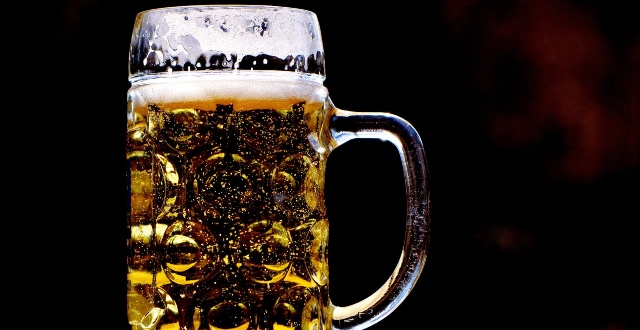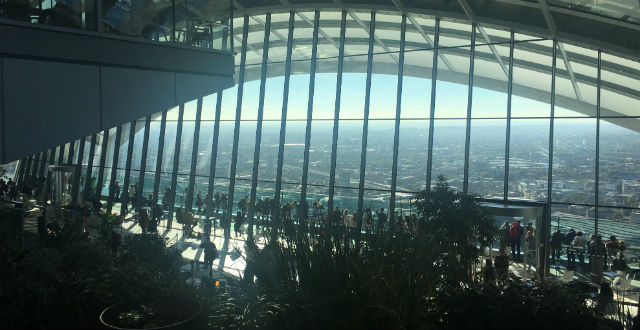My dear American friends and fellow students of LSE:
Let’s discuss UK pub culture.
I think this is an important topic not just to look at cultural differences but also from a perspective of health and safety. We should be open to understanding local drinking cultures and, hopefully, openly discuss how to avoid issues related to alcohol consumption.
As Americans, we have an interesting cultural relationship with alcohol. After all, we once had a constitutional amendment that made the manufacture and sale of alcohol illegal, though its consumption was still lawful. The legacy of this legislation still colours our drinking culture. We cannot buy or consume alcohol until we are 21, yet I had to register for the draft when I was 18, so interesting contrast. Now American student drinking culture is normally, at least in my own experience, quite reckless. My university in the US was fully dry with no alcohol sold on the premises. That, of course, did not stop its consumption usually in fairly unhealthy quantities. When one did come of age, bars were a popular recreational destination, again there was a culture of binge drinking and loud music. So loud you could not hear yourself think.
UK pubs are not bars. Though some may resemble them strongly in appearance you will notice some very stark differences. First of all, there is no blaring music, food is always available, even if it is just a packet of crisp, and typically the seating is quite comfortable. The goal is not to pack as many people into the premises as possible but to create a comfortable atmosphere where people can sit and talk with their friends and family for a good long while as they enjoy alcoholic beverages. Most pubs do have a cocktail menu but the primary beverages of consumption are wine and beer. Beer is served by the pint or half pint and it’s not unusual or even frowned upon to have a drink with lunch. Though I should reiterate if you plan to operate a motor vehicle always refrain from consuming any alcohol to be safe. Pubs open at 11am or noon depending on the establishment and always close at 11pm. Heavy drinking does happen, but normally it’s not to dangerous excess.
When entering a pub, always order a beer or food. The proprietor does not normally tolerate someone taking up seating sipping water. If meeting a colleague or group of friends expect to take turns buying rounds. Each person will purchase drinks for everyone else. It is polite to order wine or beer as part of rounds as they are usually priced at 5-8 pounds and are not difficult to make. If you want a cocktail or spirit you should order separately for politeness’ sake. If you do not drink due to cultural or moral convictions it’s perfectly fine to consume ginger ale or another nonalcoholic beverage like soda. It’s also quite alright to order a half pint instead of a full pint if you are so inclined.
On campus, you can find two pubs, the George IV and the Ye Old White Horse. Despite technically being part of LSE these pubs are open to anyone and you will frequently see many people who work in the local area frequenting them. Be sure to check with your department what is your preferred department pub. For the International History PhD programme, we prefer Ye Old White Horse. I have no idea why. What is important to note, though, is that pubs are comfortable places to enjoy a drink with friends and coworkers and foster a sense of community. Binge drinking is not as heavily emphasised here in the UK and it’s not frowned upon to enjoy a pint over lunch or while working on something. As with all things alcohol, be safe but enjoy yourself. After all, as our great American statesman once said, “Beer is proof god loves us and wants us to be happy.”





